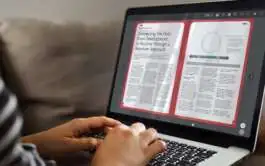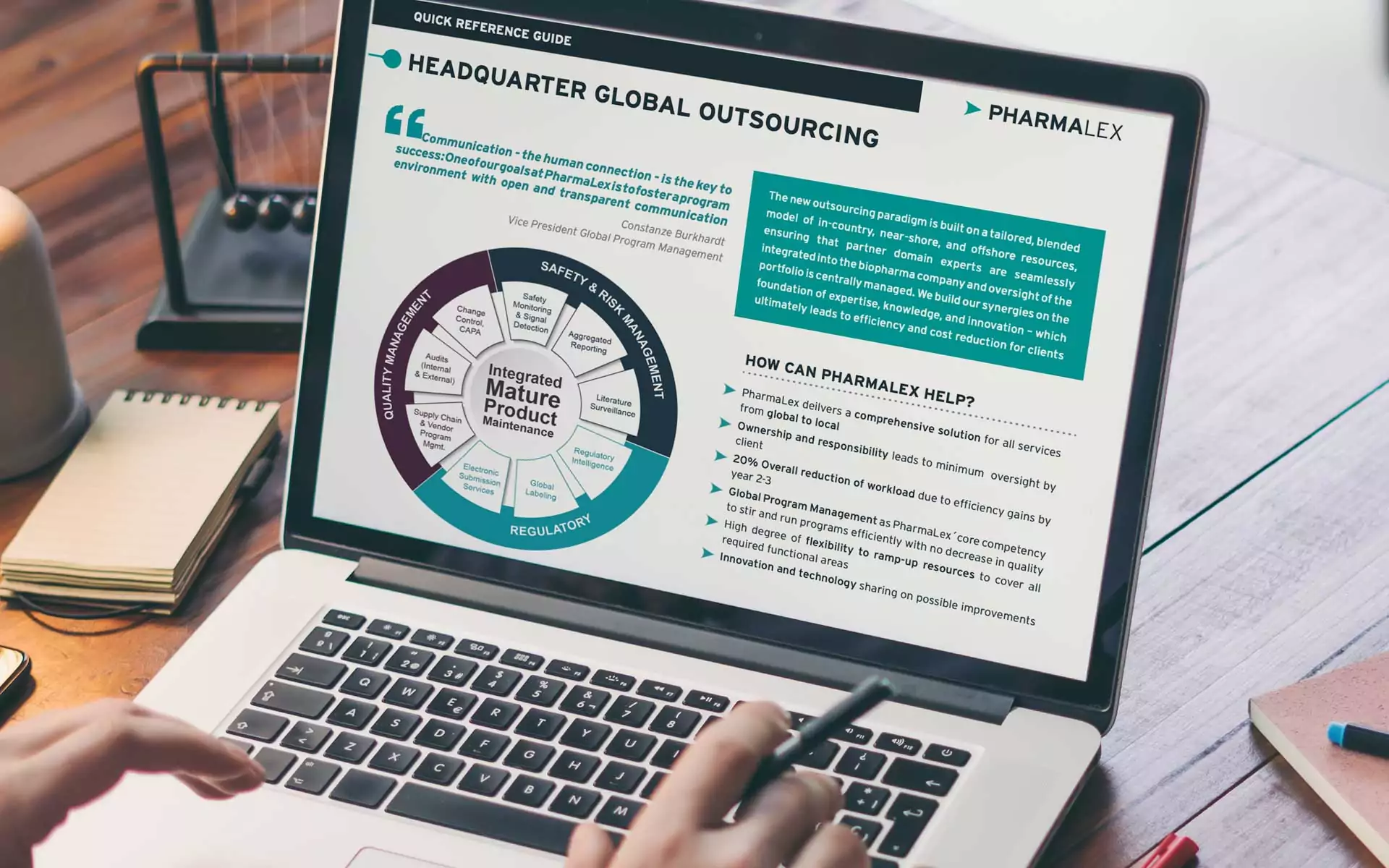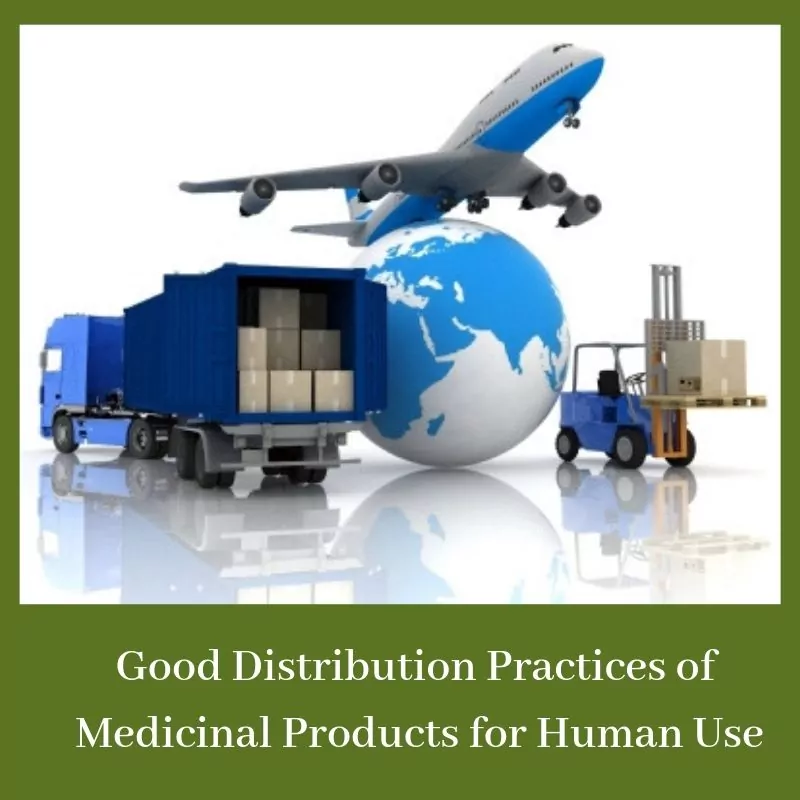Update to the HPRA’s Guidance Document on Good Distribution Practices of Medicinal Products for Human Use
Good Distribution Practices (GDP) ensure maintenance of product safety and quality during the transportation and distribution of medicinal products. The HPRA have recently updated their Guidance document to provide additional clarification to wholesalers and brokers located in Ireland regarding the GDP of Medicinal Products for Human Use (2013/C 68/01). Key updates to the document are as follows:
Outsourced Responsible Person (RP)
Outsourcing the role of the RP has become a common occurrence for wholesales in the industry today. The update to this guidance document states that Wholesalers who intend to outsource this role must have a contract in place to define, agree and control the activities that the RP will be responsible for. A system must also be in place in instances where the RP is not the signatory for GDP activates to demonstrate that the RP still maintains oversight of this approval.
Another important recommendation that the HPRA make in this is update is the need for a documented risk-based assessment to ensure that outsourced RPs have sufficient time allocated to complete their responsibilities.
Verification of Safety features
As of 9th Feb 2019, and in accordance with Commission Delegated Regulation (EU) 2016/161, wholesalers are required to verify the safety features on medicinal products received from suppliers that are not:
- The manufacturer of the product
- The MAH for the product
- The wholesaler designated by the MAH
Wholesalers can verify the unique identifiers by scanning the 2D barcode on the product into the repository system, which is managed by Irish Medicines Verification Organisation (IMVO). The unique identifier is considered authentic when the repository contains an active unique identifier with a product code and a serial number that are identical to those being verified. The anti-tampering device is verified by physical examination. If the Wholesaler suspects that the product has been tampered with, they should deem the product not suitable for onward supply. Verification of safety features can be carried out at any stage between receipt and dispatch and the process should be documented in the company’s quality system.
Decommissioning of unique identifiers prior to supply
In general, wholesalers should decommission unique identifiers at the end of the supply chain i.e. where the medicinal product is supplied to the public. As per The Commission Delegated Regulation (EU) 2016 / 161 Article 23 wholesalers must decommission the unique identifier if the product is intended for to the supply to persons authorised or entitled to supply medicinal products to the public who are not a hospital or an in or out-patient/day patient clinic or health centre under the management or control of a hospital. The circumstances where a wholesaler must decommission unique identifiers are detailed in (a) – (k) of Article 23 of the Regulation and are as follows:
- Persons authorised or entitled to supply medicinal products to the public who do no operate within a healthcare institution or within a pharmacy
- Veterinarians and retailers if veterinary medicinal products
- Dental practitioners
- Optometrists and opticians
- Paramedics and emergency medical practitioners
- Armed forces, police or other government instructions maintaining stocks of medicinal products for the purpose of civil protection and disaster control
- Universities and other higher education establishments using medicinal products for the purposes of research and education, with the exceptions of healthcare institutions
- Prisons
- Schools
- Hospices
- Nursing Homes
Promotional Samples / Sales Representatives
Samples of medicinal products that may be given to, or administered to, patients must be stored and transported to the end customer in accordance with GDP. Sales representatives may not hold or supply free medical samples unless there are systems in place to guarantee that those samples are not given to, or administered to, patients.
Establishment of the authority of customers to receive medicinal products;
The wholesaler is responsible to ensure the customers who receive medicinal products are authorised and entitled to do so. The wholesaler can do this by:
- Obtaining a copy of the customers Wholesale Distribution Authorisation (WDA)
- Checking the customers GDP certification
- Performing periodic checks to verify the customers authority to receive medicinal product
- Checking the EudraGMDP database eudragmdp.ema.europa.eu..
Storage
For areas, greater than a few square metres, where medicinal products intend to be stored a temperature mapping exercise must be performed. For areas less than a few metres, a risk assessment can be performed. Continuous temperature monitoring probes should be installed according to the Risk Assessment or mapping exercise to ensure that the appropriate conditions are maintained.
The guidance document can be viewed in full at the link below:
PharmaLex has extensive experience in the provision of regulatory support regarding the transportation and distribution of medicinal products throughout EU and non-EU territories..
To discuss the range of GDP services that we offer, please connect with us on +353 1 846 4742 or email us at contactirl@pharmalex.com.








